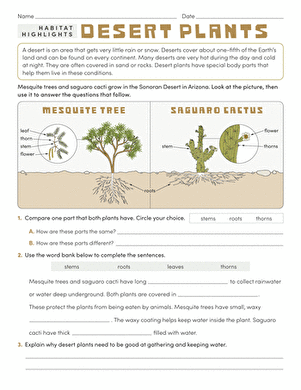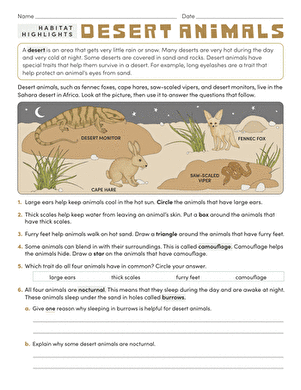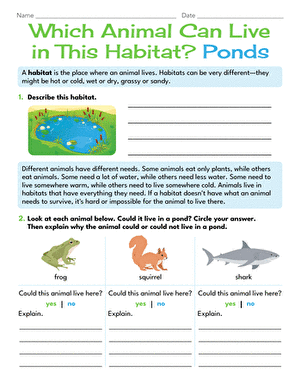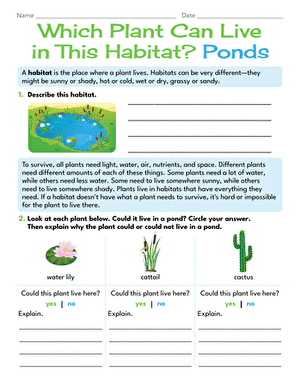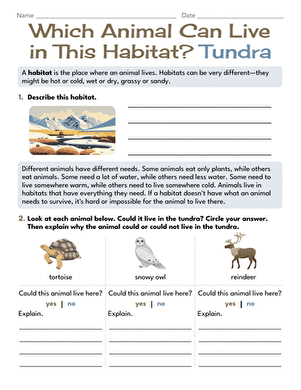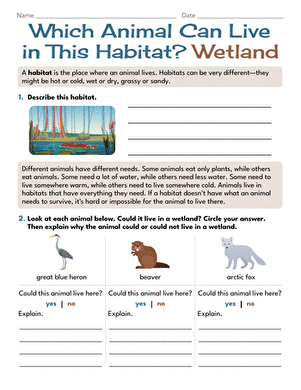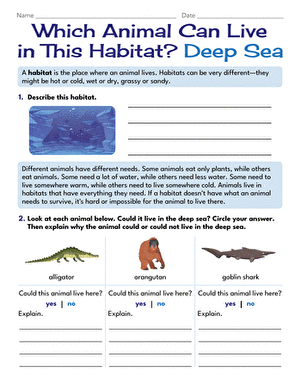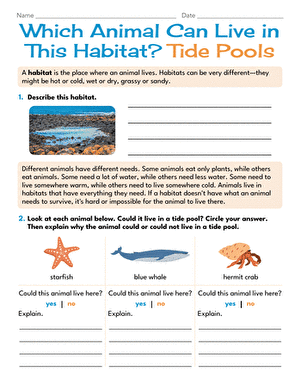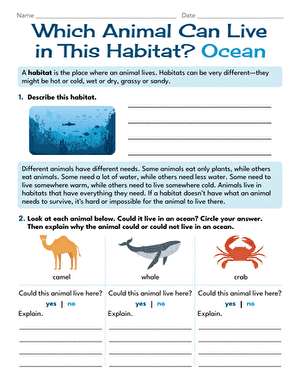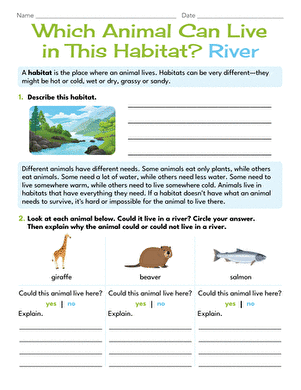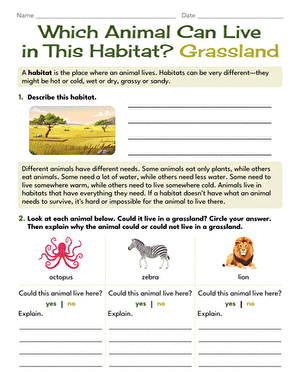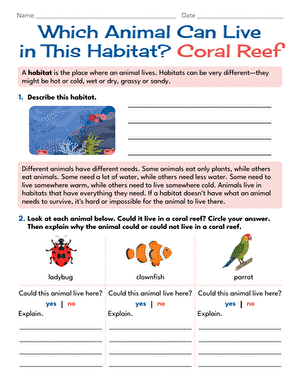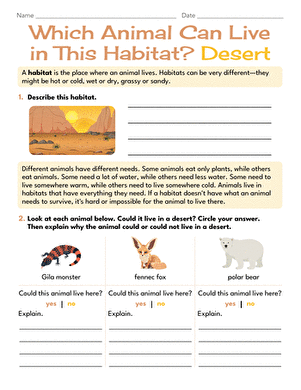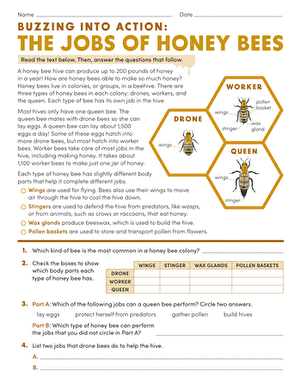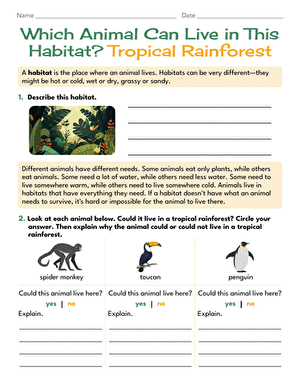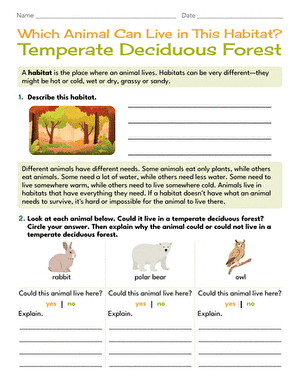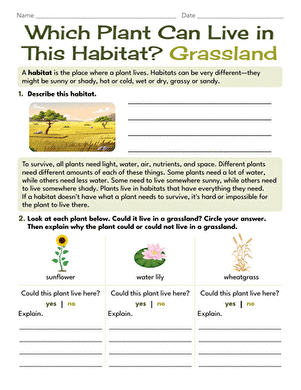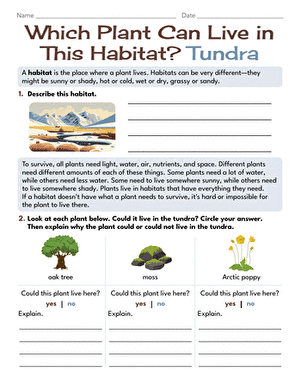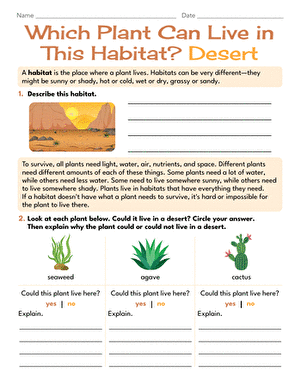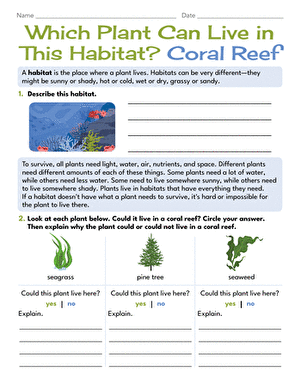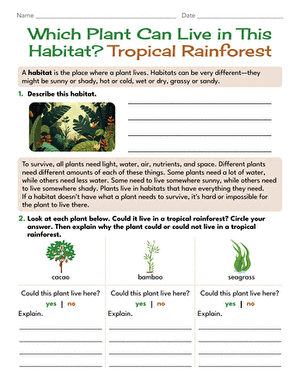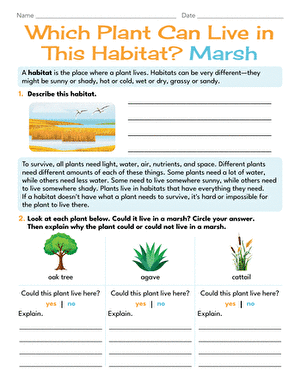3rd Grade Ecosystems Resources
About 3rd Grade Ecosystems Resources
On Education.com, students can explore ecosystems through a variety of interactive resources, including worksheets, visual guides, and classroom activities designed for third-grade learners. This page provides hands-on materials that teach core concepts like biotic and abiotic factors, food chains, and different ecosystem types such as forests, deserts, and aquatic habitats. These resources help students develop a foundational understanding of ecological relationships and the environment.
This collection on Education.com offers printable lessons, digital simulations, and observation activities that make learning about ecosystems engaging and accessible. Education.com’s educational tools enable students to analyze local environments, recognize living and nonliving components, and understand how different species interact within ecosystems. Such resources support structured learning both at school and at home, reinforcing ecological concepts through practice with real-world examples.
Educators and parents can use these materials to create interactive science lessons, classroom experiments, or guided exploration outside the classroom. The resources save time by providing ready-to-use exercises and structured activity guides that align with educational standards. Students gain hands-on experience and critical thinking skills while exploring ecosystems in an engaging, accessible way.
This collection on Education.com offers printable lessons, digital simulations, and observation activities that make learning about ecosystems engaging and accessible. Education.com’s educational tools enable students to analyze local environments, recognize living and nonliving components, and understand how different species interact within ecosystems. Such resources support structured learning both at school and at home, reinforcing ecological concepts through practice with real-world examples.
Educators and parents can use these materials to create interactive science lessons, classroom experiments, or guided exploration outside the classroom. The resources save time by providing ready-to-use exercises and structured activity guides that align with educational standards. Students gain hands-on experience and critical thinking skills while exploring ecosystems in an engaging, accessible way.

